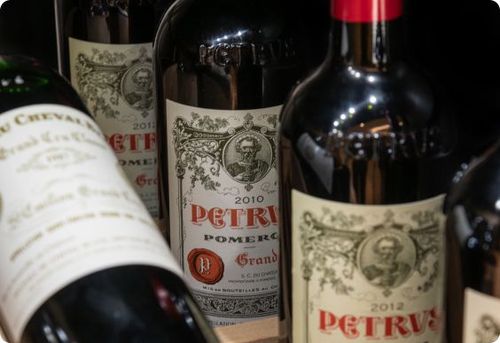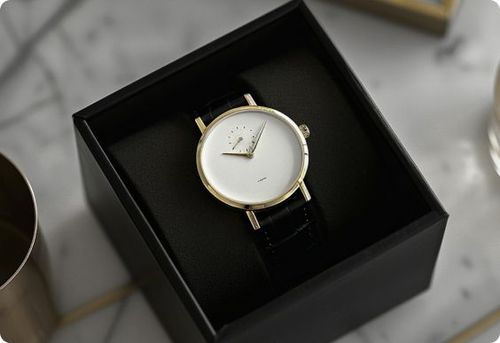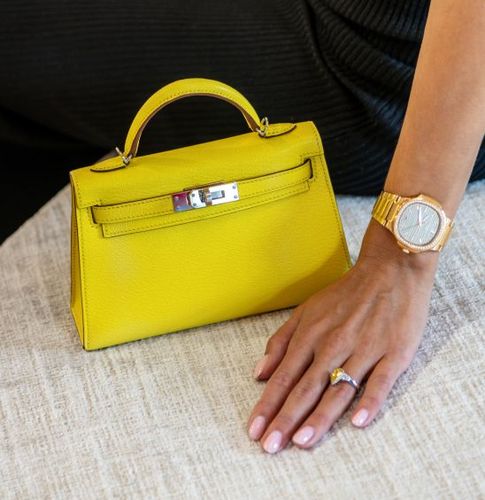Wine as an investment is becoming increasingly popular and offers an interesting alternative to traditional forms of investment. Due to limited availability and growing demand, certain wines can appreciate significantly in value. However, this type of investment requires in-depth knowledge and careful storage to be successful.
Often referred to by the media as the “Pope of Wine,” Philipp Schwander has brought his unique vision to the world of wine retail. Having worked in the wine trade for over 25 years, he calls wine his hobby since the age of 16, and it remains his passion to this day.
For more than ten years, Philipp Schwander was responsible for wine purchasing at the St. Gallen wine dealership Martel. He then headed the Zurich wine dealership Albert Reichmuth for four years before establishing his own business, Selection Schwander, in 2003. In 1996, he became the first – and still only – Swiss to pass the world’s most demanding wine exam, the Master of Wine. Schwander is an honorary member of the Austrian Wine Academy and regularly writes about wine for Neue Zürcher Zeitung and Tages-Anzeiger.
“A good wine is inspiring and reveals new subtleties and nuances with every sip. A good wine is alive, has character, and a certain typicity. I see myself as an advocate for wine lovers who do not have a big budget. There are high-quality alternatives to expensive wines. We offer these alternatives in our store, and people truly appreciate this selection,” says Philipp Schwander.


The market for fine wines achieves an annual turnover of an estimated USD 5 billion. Those who are interested in investing in wine require specialized knowledge, however. Unlike equities, for example, wine investors buy into a physical product that needs to be properly stored, insured, and potentially transported. Moreover, investors need to beware of counterfeit wines.
(Article below in German)
Individual wine bottles: Secondary markets and wine auctions offer a direct way to invest in bottles. This approach requires appropriate wine storage and insurance.
Wine futures (En Primeur): This method allows investors to purchase wine before it is bottled – often at a lower price, providing an investment advantage.
Wine stocks or ETFs: For those not interested in storing wine, investing in wine stocks or exchange-traded funds (ETFs) is an alternative way to participate in the growth of the wine industry.
A fine watch, an inherited piece of jewelry, or that rare piece of art on your wall – your valuable favorites need solid insurance. Many believe that household contents insurance covers such items, but this is not the case. Watch our video to learn why.

Contact us and we will provide top experts to guide you in your finance-related matters.
The market for luxury assets is varied, comprising luxury watches, art, jewelry, exclusive designer handbags, and luxury real estate. Investments in such high-grade assets not only offer stable value, but also provide potential for significant increases in value, making them particularly attractive.

Call us or make an appointment online for a non-binding first conversation. We look forward to hearing from you.
